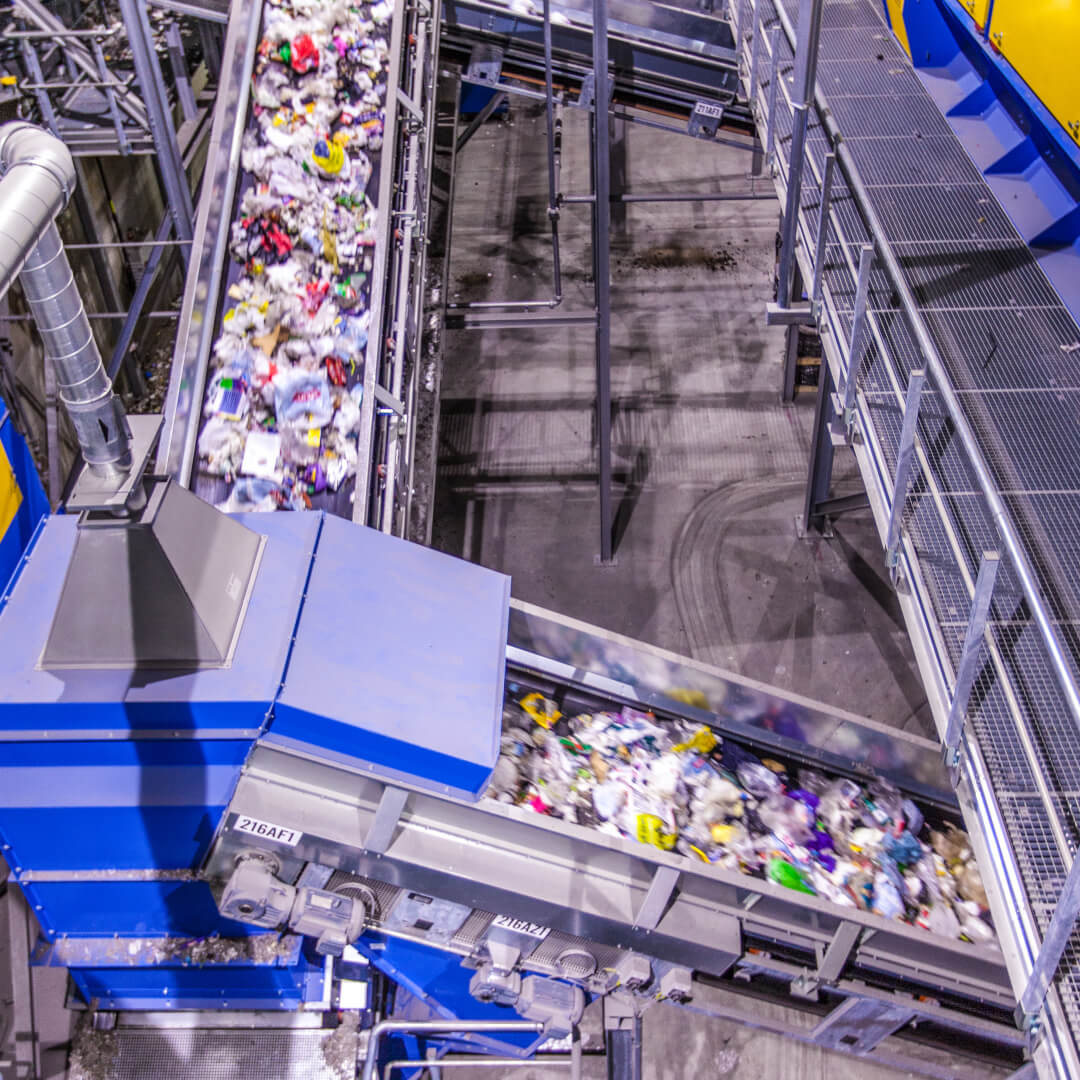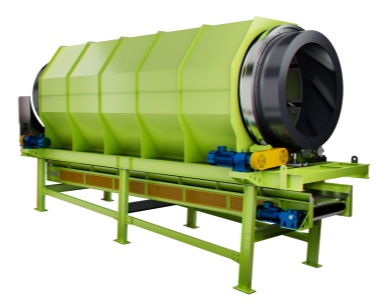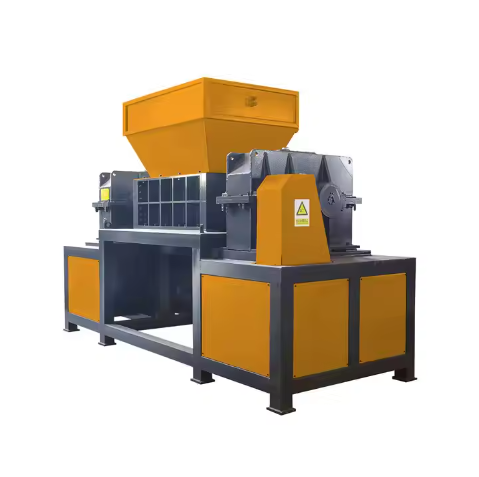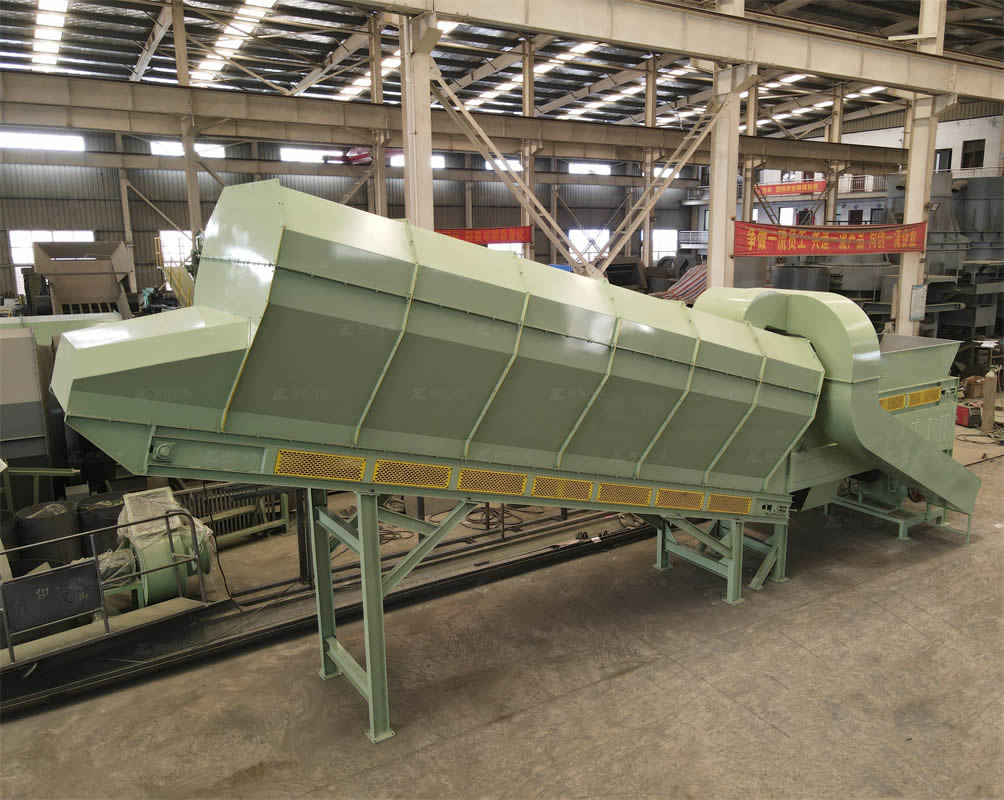Recycling plant equipment
The Importance and Types of Recycling Plant Equipment
Introduction
In today’s world, where sustainability and environmental stewardship are becoming increasingly important, recycling plant equipment plays a vital role in reducing waste and conserving natural resources. These machines and systems help transform discarded materials into valuable commodities that can be reused or repurposed, thereby closing the loop in the production cycle.
Types of Recycling Plant Equipment
Recycling plants vary widely depending on the type of material being processed. Some common types include:
Paper and Cardboard Recycling Equipment:
- Pulping Machines: These machines break down paper products into pulp, which is then cleaned and screened before being made into new paper.
- Baling Presses: Used to compact large volumes of paper into manageable bales for transportation.
Plastic Recycling Equipment:
- Shredders: These machines reduce large plastic items into smaller pieces.
- Granulators: They further grind the shredded plastic into small pellets suitable for remanufacturing.
- Extruders: Used to melt and reform the plastic pellets into sheets or other forms.
Metal Recycling Equipment:
- Shears and Crushers: Essential for breaking down large metal objects into smaller, more manageable pieces.
- Eddy Current Separators: These devices use magnetic fields to separate non-ferrous metals from other materials.
- Balers and Compactors: Used to compress metal scrap into dense blocks for efficient storage and transport.
Glass Recycling Equipment:
- Cullet Crushers: These machines crush glass bottles and jars into cullet, which is then sorted by color and size.
- Screening Systems: Used to remove impurities and separate the cullet into different grades.
Electronics (E-Waste) Recycling Equipment:
- Shredders: Break down electronic devices into smaller components.
- Dissolvers: Used to dissolve certain parts of e-waste, such as circuit boards, for the recovery of precious metals.
- Air Classification Systems: Separate light and heavy materials using air currents.
Organic Waste Recycling Equipment:
- Composting Systems: These systems facilitate the breakdown of organic waste into compost, a nutrient-rich soil amendment.
- Anaerobic Digesters: Used to convert organic waste into biogas, a renewable energy source.

Benefits of Using Advanced Recycling Equipment
Advanced recycling equipment offers several advantages over traditional methods:
- Efficiency: Modern machinery is designed to process materials quickly and with minimal labor, reducing operational costs.
- Quality: High-tech equipment ensures the purity and quality of the recycled materials, making them more valuable.
- Safety: Automated systems reduce the risk of accidents and injuries associated with manual handling of waste materials.
Conclusion
The integration of advanced recycling plant equipment is essential for achieving sustainable waste management practices. As technology continues to evolve, we can expect even more innovative solutions that will further enhance our ability to recycle efficiently and effectively. By investing in these technologies, industries not only contribute to a cleaner environment but also ensure long-term profitability through resource conservation.
-
 Trommel screenTrommel screen, also known as drum screens, are widely used in various industries for sorting and separating materials.Get Quote
Trommel screenTrommel screen, also known as drum screens, are widely used in various industries for sorting and separating materials.Get Quote -
 Crop straw double shaft shreddApplications:Biomass Energy Production: Shredded straw can be used as a feedstock for bioenergy plants to produce electricity or heat.Livestock Feed: Reduced-si...Get Quote
Crop straw double shaft shreddApplications:Biomass Energy Production: Shredded straw can be used as a feedstock for bioenergy plants to produce electricity or heat.Livestock Feed: Reduced-si...Get Quote -
 Zhongcheng Air Drum SeparatorAir drum separators effectively separate lightweight materials (e.g., plastics, paper) from heavier materials (e.g., metals, glass). This high efficiency is cru...Get Quote
Zhongcheng Air Drum SeparatorAir drum separators effectively separate lightweight materials (e.g., plastics, paper) from heavier materials (e.g., metals, glass). This high efficiency is cru...Get Quote
-
2024-08-07Tire double shaft shredderOperation:Feeding: Whole or pre-cut tires are fed into the shredder through an inlet hopper.Shredding: As the tires enter the shredding chamber, the rotating cu...
-
2024-05-18Mobile Jaw Crusher PlantMobile jaw crushing station is a novel rock crushing equipment, also known as mobile crushing station. The purpose of its design concept is to stand from the cu...
-
2024-08-20A rubber double shaft shredderExamples of Specific Models:GDB Series Biomass Shredder: Although primarily designed for biomass materials, this model can also be configured to handle various ...
-
2024-07-16Drum screen garbage processing machine for msw recyclingManaging municipal solid waste (MSW) efficiently is crucial for urban areas. Drum screen garbage processing machines are a game-changer in this field. They ensu...
-
2024-07-16Twin-shaft shredders: ideal for efficient processing of waste and recycling materialsA double-shaft shredder is a mechanical device used to process waste and recycle materials. Its main feature is that it has two rotating shafts with serrated bl...



